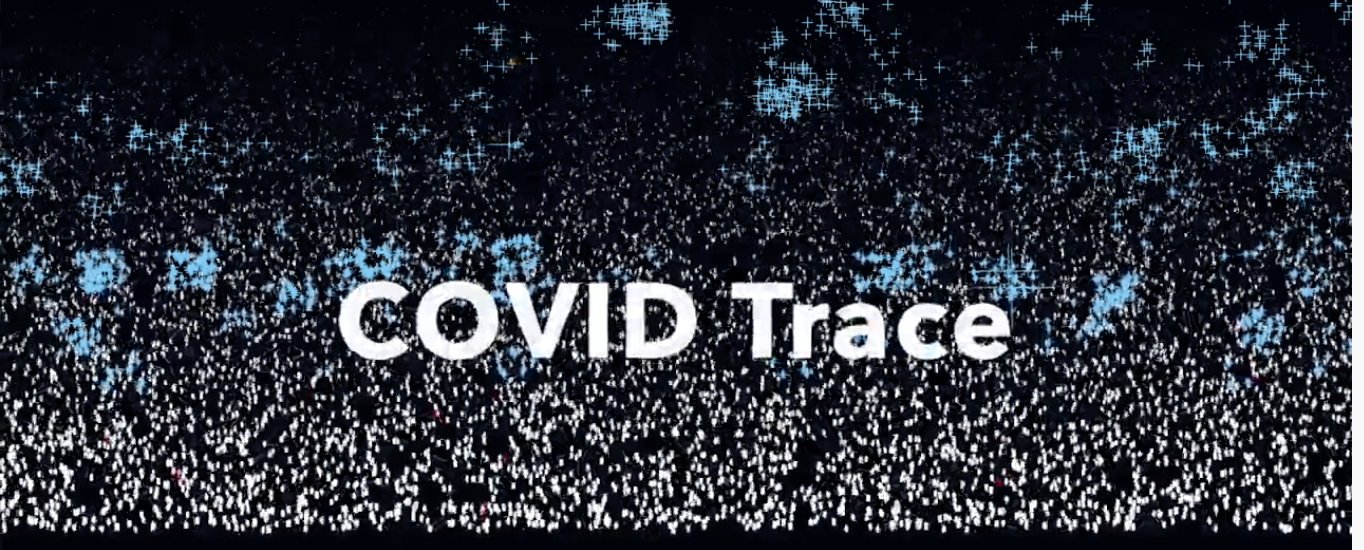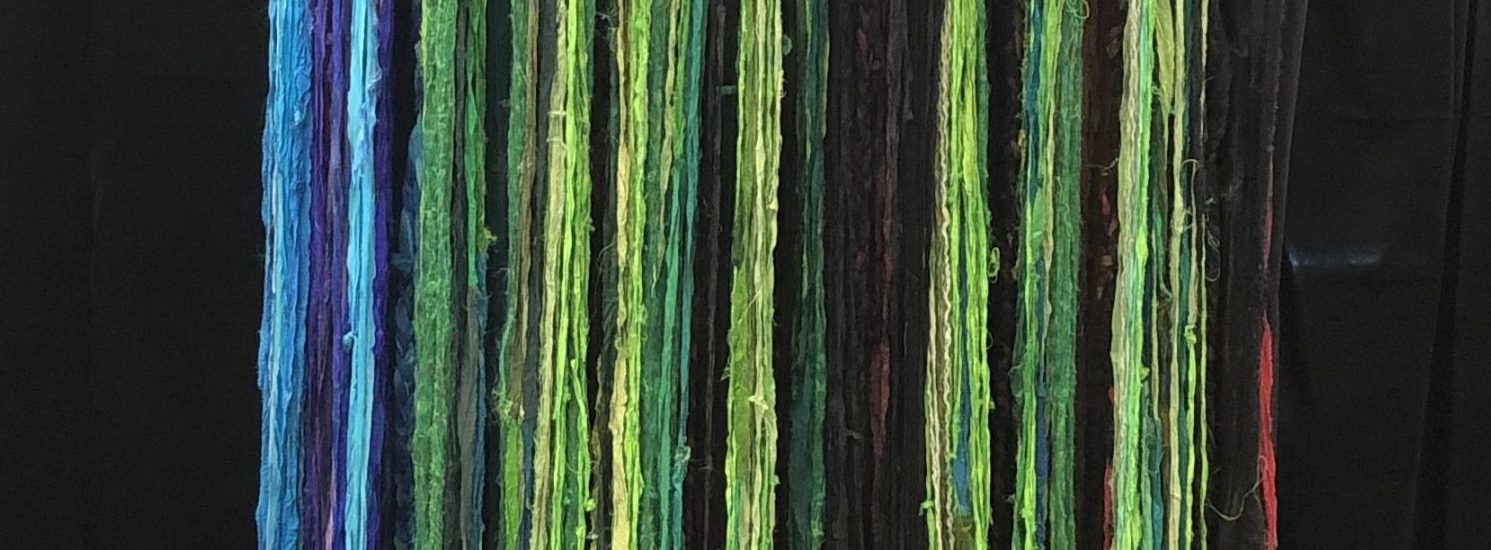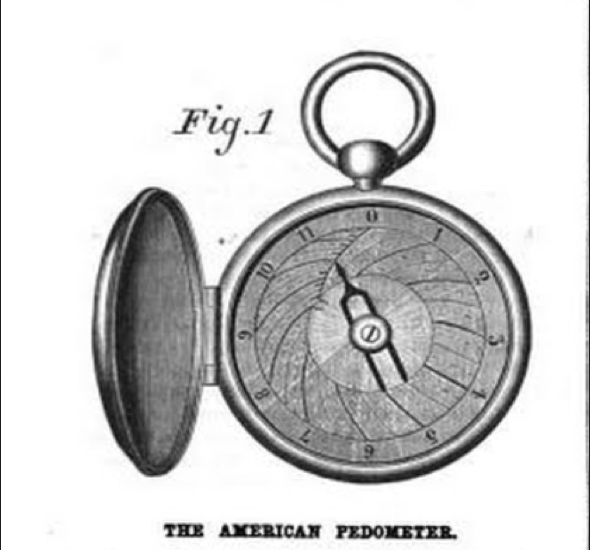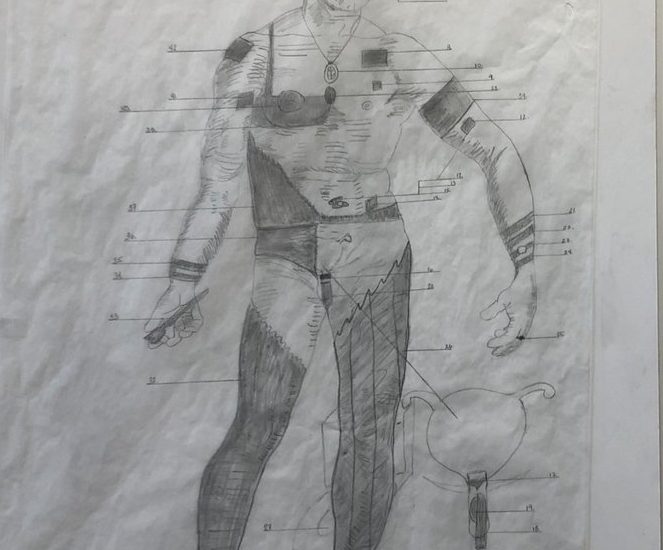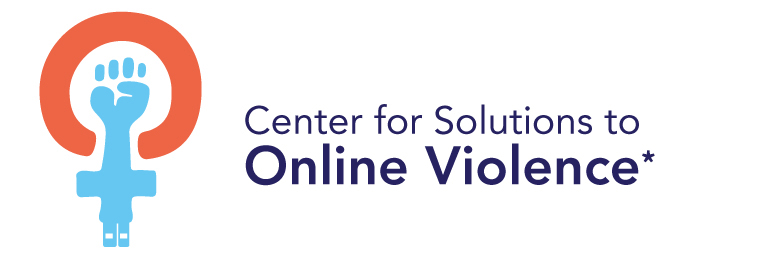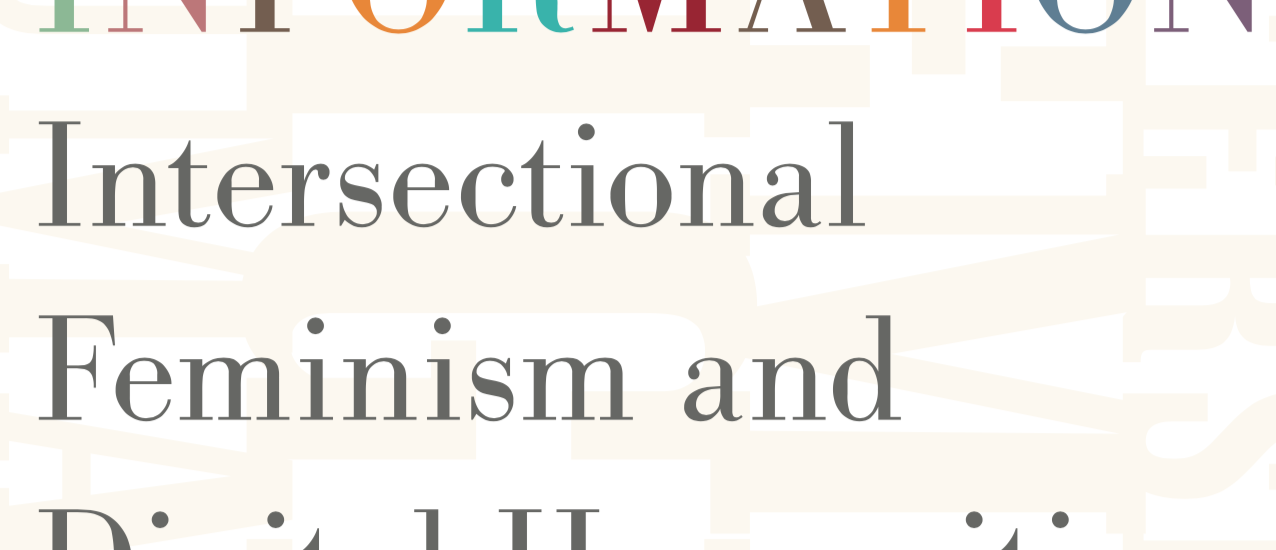When is a pesthouse not a pesthouse? When it’s been run through the Library of Congress subject heading ringer – then it’s a hospital. The Counting the Dead project is currently developing a set of XML/TEI encoded texts for use in a future full-scale archive. As a fledgling project, however, that full-scale implementation is a future goal. In the short term, we’re creating an Omeka-based smaller archive and developing a […]
Data riot?
I wrote earlier this month about various invocations of a DIY ethos in Digital Humanities work, and in that post I suggested that if we’re going to use punk metaphors then I want a DIY practice modeled on riot-grrrrl practices. I argued that this entails the creation of a “sophisticated DIY infrastructure that favors women – spaces, practices, active interventions that make it possible for women to enter into (DH) […]
Learning from colleagues: Shakespeare, fearlessness, and innovation in teaching
Courtyard exercises, as led by Amy Hayes Scripps College hosted the “21st Century Shakespeare” faculty workshop this past weekend, which brought a group of Shakespeareans working at liberal arts colleges together to share tools, strategies, and ideas for teaching the Bard’s works in our current cultural context (see our Workshop page for the talks). We were joined by two outstanding digital Shakespeareans, Michael Best, of Internet Shakespeare Editions, and Peter Donaldson, of […]
Making it like a riot-grrrrl
I have returned to this piece in the context of the #digdiv2015 conference that is happening right now in Edmonton CA and I find a glaring problem – it’s fine on gender and it completely sucks from anything like an intersectional perspective. I’ll work to write a new piece drawing on this great event that I’m at (after I take time to enjoy mama’s day) and that piece will do […]
Feminism and Digital Humanities
I’m currently working on an article that considers certain digital archives and their technological structures from a feminist perspective. Of particular interest to me is the possibility of feminist technologies – can XML or the TEI (!) or some other markup specification *be* feminist? I’m not sure. As I’ve been working on this essay, I’ve noted a relative absence of questions about the politics of particular tools within the DH […]

